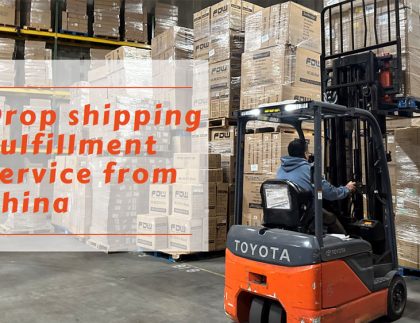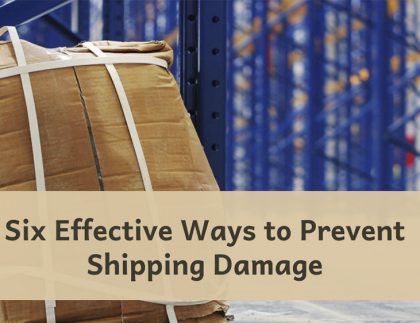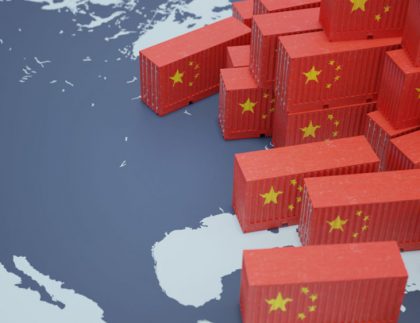Global Logistics Freight Market Update 丨 Week 36 丨 2023
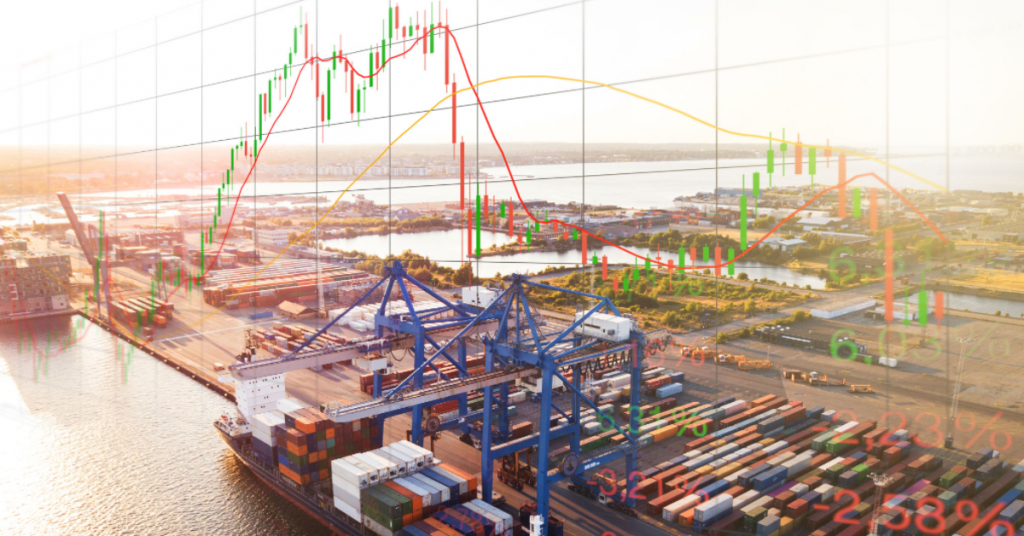
Table of Contents
Port Turnaround Times
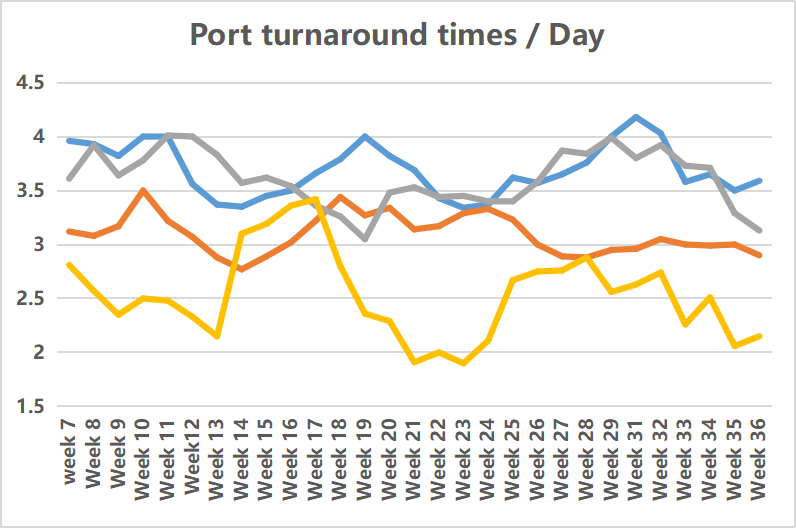
● Los Angeles
● Long Beach
● Oakland
● New York
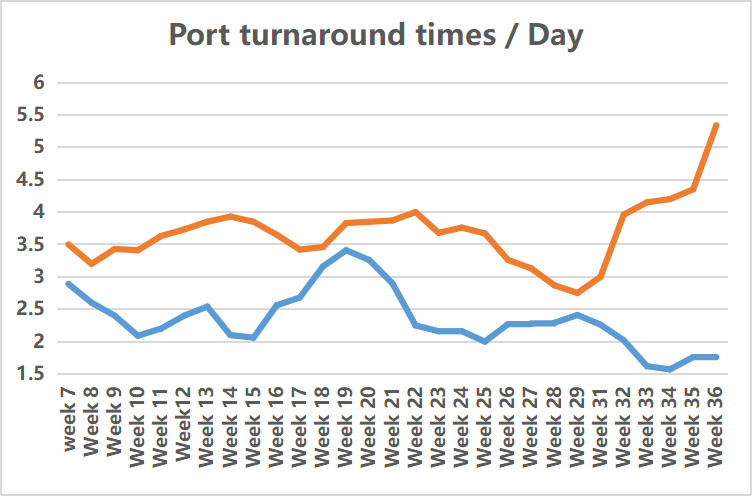
● Montreal
● Vancouver
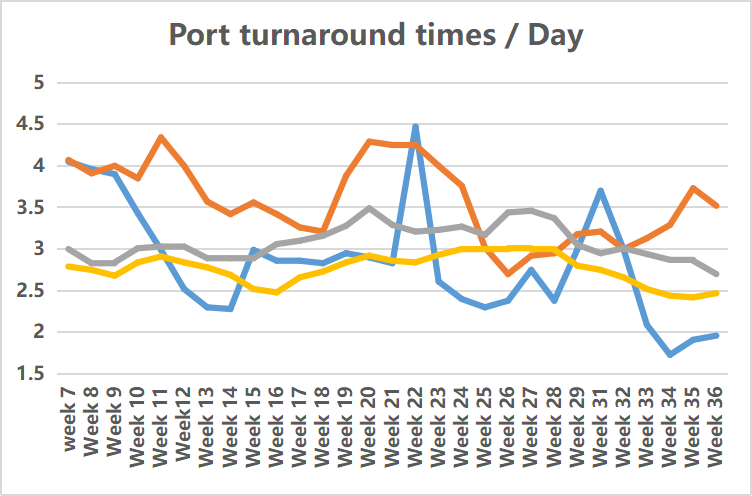
● Wilhelmshaven
● Koper
● Antwerp
● Rotterdam
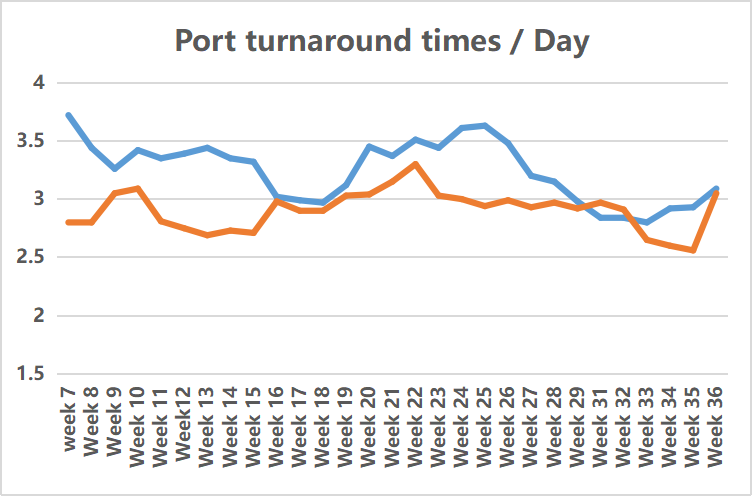
● Felixstowe
● Southampton
From August 27th to September 2nd, the port of Los Angeles in the United States imported about 95,128 containers, an increase of 5.33% compared with last week and a year-on-year increase of 5.11%.
In July 2023, U.S. container imports increased compared with June 2023, which is consistent with the growth in the peak season of non-epidemic years. Despite the increase in volumes, port transit times remain at low levels. The labor situation on the West Coast of the United States continues to slowly move in the right direction, while the port workforce on the West Coast of Canada has also experienced a more turbulent period. The August update of logistics indicators tracked by Descartes showed a continuation of the 2019 results and signs that major challenges to global supply chain performance in 2023 have stabilized.
U.S. Container Imports Year-on-Year Comparison
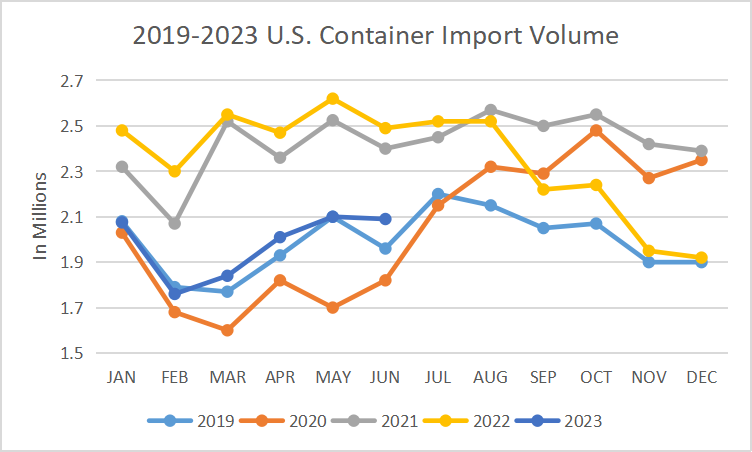
U.S. container imports increased 5.1% in July 2023 from June 2023 to 2,187,810 20-foot equivalent units. TEU throughput was down 13.6% compared to July 2022 and down 0.5% from pre-pandemic July 2019. Import volume growth in the first seven months of 2023 was within 1.7% of the same period in 2019.
Comparison of U.S. container imports from June to July

The increase in U.S. import container volumes in July is consistent with the peak season pattern we saw pre-pandemic, and although import container volumes increased to nearly 2.2 million TEU, port transit times remained close to last month’s low levels.
Press Room
#1. British railway employees will strike on September 1st and 2nd to protest against high inflation

In order to protest high inflation, about 20,000 railway employees in the UK went on strike on the 26th local time. According to reports, British Railways employees will also go on strike on September 1 and September 2.
#2. Transportation restrictions will last for at least 10 months, and freight rates on US lines may rise further

Facing an unprecedented drought this year, coupled with the emergence of an El Niño weather phenomenon, Panama Canal administrators have reduced the draft limit for ships passing through its larger Neo-Panamax locks by 2 meters and slashed the number of ships passing daily by 20% , down to 32 ships per day. These measures have resulted in a large number of ships being stranded at both ends of the canal.
Ilya Espino, the canal’s deputy administrator, said the restrictions would remain in place for at least the next 10 months and into the first half of next year.
Niels Rasmussen, chief shipping analyst at BIMCO, said in an interview: The longer this situation lasts, the more likely freight rates will rise further, as shippers start to transfer cargo back to U.S. West Coast ports and use rail to transport cargo to the final destination. The destination is more likely. The troubles in Central America are unlikely to affect global supply chains, as container trade is expected to continue to be affected by excess ship capacity.
Industry News
#1. Mexico increases import duties applicable to 392 tariff items
Recently, the President of Mexico signed a decree to increase the most-favored-nation tariffs on a variety of imported products such as steel, aluminum, bamboo products, rubber, chemical products, oil, soap, paper, cardboard, ceramic products, glass, electrical equipment, musical instruments and furniture.
The decree increases import duties applicable to 392 tariff items. Almost all products in these tariff lines are now subject to the 25% import duty, and only certain textiles will be subject to the 15% duty.
#2. Amazon raises free shipping minimum to $35 for some users
Amazon is testing a $35 order minimum for free shipping for people who are not enrolled in the company’s Prime membership program. Previously, non-Prime members needed to spend $25 to qualify for free shipping. Prime membership costs $139 per year.
#3. Amazon US adds 1 restricted category
Many sellers on Amazon’s US site, Canada site, and UAE site have recently received Amazon’s compliance policy request emails, including the US site’s “breathing patch” category that has been classified as a prohibited product.
#5. Single-Use Plastic Ban in England
The British government has announced that it will suspend the supply/sale of single-use plastic products from October 1, 2023. The ban will include disposable plastic plates, trays, bowls, cutlery, balloon sticks and polystyrene and other plastic products.
British Customs prohibits this type of plastic products. Products will be strictly inspected, so customers are asked to check carefully to avoid destruction or inspection fees.
#6. Shopify launches new return rules feature
Shopify recently announced that in order to better manage self-service returns, it has launched a new return rules feature. By setting return rules, sellers can control return eligibility and effectively prevent the return of ineligible products. During the self-service return process, customers will be able to clearly see the estimated refund amount for eligible products.
Previous Post: A Step-by-Step Guide For Shipping Packages Internationally
Start your ship now!
- Improve your cross-border shipping
- Decrease expenses
- Accelerate deliveries
